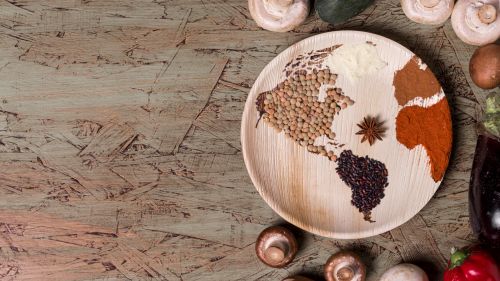594

In the current geopolitical context, food autonomy has become one of the European Union’s major priorities. The pandemic, logistical crises, and global trade tensions have revealed the vulnerability of supply chains. Within this framework, the meat sector stands at the core of a new paradigm: local production, full traceability, and independence from extra-EU imports.
According to the European Commission (DG AGRI, 2024), over 70% of the meat consumed in the EU is produced domestically; however, dependence on raw materials (soy, protein feed, energy inputs) remains high. The Farm to Fork strategy aims to strengthen short supply chains through direct investments in regional slaughterhouses, local distribution centers, and nearby logistics infrastructure.
Eurostat data (2025) show that small and medium-sized farms selling directly to consumers have recorded an average income increase of 22% over the past three years, while demand for certified local products with “controlled origin” has grown by 17%. This economic model reduces transport dependency, lowers costs, and increases the resilience of the food system.
FAO emphasizes that food autonomy does not mean trade isolation, but rather diversification of sources and reduction of external risks. Europe aims to reach, by 2030, a food self-sufficiency level of over 85% for pork and 90% for poultry, according to the targets set out in the EU Protein Plan.
In Romania, the Ministry of Agriculture and Rural Development (MADR) is implementing complementary measures through the 2023–2027 CAP Strategic Plan, focusing on investments in small-scale slaughterhouses, collection platforms, and regional processing centers. At the same time, cooperation between farmers and local processors is encouraged through tax incentives and priority access to European funds.
The OECD (2024) confirms that short supply chains not only reduce carbon emissions but also increase consumer trust and support sustainable rural development.
The new direction of European meat policy is not only about food sovereignty, but about balance: local production, transparency, added value, and long-term stability.
(Photo: Freepik)





